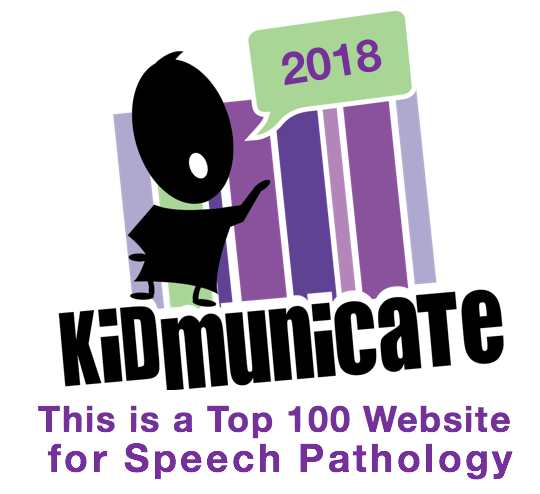I find CBS Sunday Morning to be my first step in calming any Sunday Scaries, and this week they presented a lovely story on the website explore.org, which provides a large variety of nature webcams. The founder explained that he feels passionate about connecting people to nature as a kind of mindfulness tool.
I agree with that, and have written about webcams before, but this week's Fat Bear Week is a good time to check in. Put that on your calendar if you missed it (you have until 9/30 this year), but it is a celebration of the bears preparing for hibernation at Katmai National Park, and having kids vote and justify their reason is a good therapy activity.
I found this week with a number of learners that visiting explore.org was a good way to practice making choices, regulating through calming content, describing setting and action for narrative language, and tying into academic skills in science and geography.















